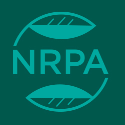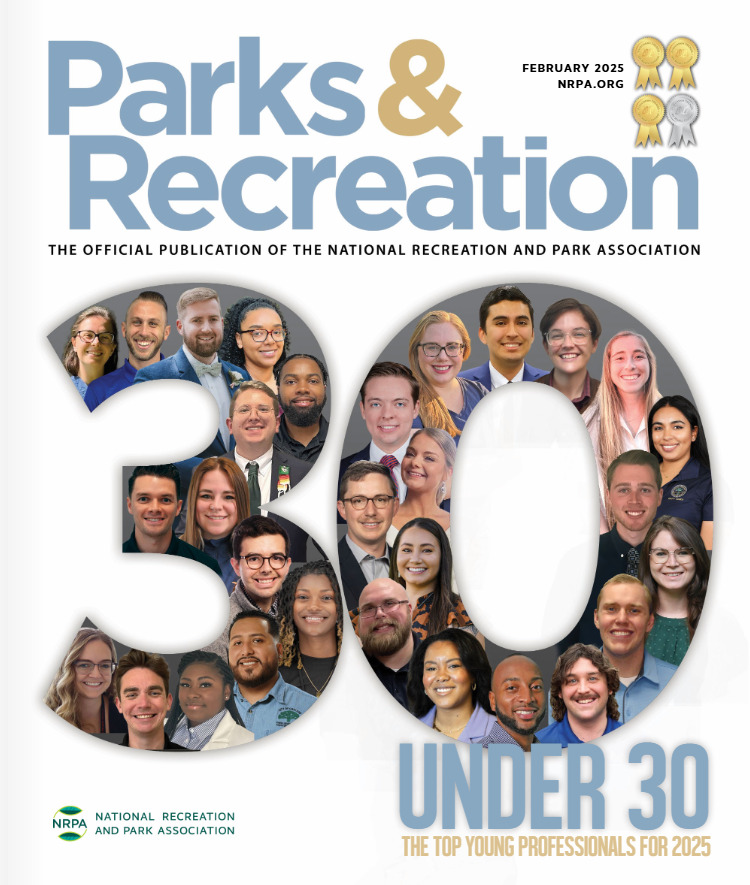
Catalog Advanced Search
-
Includes a Live Web Event on 04/01/2026 at 2:00 PM (EDT)
Thinking about a new recreation center? Join us Wednesday, April 1 at 2 p.m. EDT! This session offers a concise, real-world overview of the planning, design, and opening process. Hear directly from agency leaders and a specialized architect who have lived it – so you can approach your project with confidence.
-
You must log in to register
- Non-Members - Free!
- Members - Free!
- Premier Members - Free!
- More Information
-
You must log in to register
-
Includes a Live Web Event on 03/12/2026 at 1:00 PM (EDT)
NRPA membership hours take place the second Thursday of each month at 1pm ET. Join the membership team for a brief overview of NRPA membership at the top of the hour followed by the opportunity to ask questions about your benefits, getting involved with NRPA and much more. We invite everyone to join!
-
You must log in to register
- Non-Members - Free!
- Members - Free!
- Premier Members - Free!
- More Information
-
You must log in to register
-
Designed for those who are new to private and federal funding or those looking to refresh their skills, this Skill Summit provides and overview of federal and private funding opportunity, best practices for applications and managing funds once they are awarded.
-
You must log in to register
- Members - Free!
- Premier Members - Free!
- More Information
-
You must log in to register
-
Includes Credits
Discover innovative alternative funding opportunities that help park and recreation agencies of any size diversify their financial portfolios beyond traditional tax-based revenue. This session highlights practical evaluation methods and real-world success stories to inspire new approaches for funding community projects and services.
-
You must log in to register
- Non-Members - $17
- Members - $12
- Premier Members - $12
- More Information
-
You must log in to register
-
Includes Credits
Unlock powerful storytelling insights as industry experts reveal the 5 Ws—who, what, when, where, and why—behind creating a compelling, cohesive brand narrative that stands strong even in times of crisis.
-
You must log in to register
- Non-Members - $50
- Members - $35
- Premier Members - $35
- More Information
-
You must log in to register
-
This will help you create an engaging application as representatives from the National Awards & Scholarship Committee shed light on the process. What can you do to make sure your application stand out from the rest? How does the scoring process work? And what are some pitfalls to avoid? Give your agency or yourself a better chance at receiving national recognition in 2026! (Note: this recorded webinar does not include the National Gold Medal Program)
-
You must log in to register
- Non-Members - Free!
- Members - Free!
- Premier Members - Free!
- More Information
-
You must log in to register
-
The CPRP Certification Exam Preparation Kit includes: Operations Module Finance Module Human Resources Module Programming Module Communications Module CPRP Certification Practice Exam
-
You must log in to register
- Non-Members - $250
- Members - $190
- Premier Members - $190
- More Information
-
You must log in to register
-
Learn how earning your CPRP can position you as a leader and open doors to greater professional opportunities.
-
You must log in to register
- Non-Members - Free!
- Members - Free!
- Premier Members - Free!
- More Information
-
You must log in to register
-
Includes Credits
This session will explore how to plan and execute captivating nighttime events that creatively utilize light, sound, and interactive elements to engage diverse audiences. Participants will gain insights into logistics, safety, and programming strategies that make after-dark events both magical and manageable.
-
You must log in to register
- Non-Members - $50
- Members - $35
- Premier Members - Free!
- More Information
-
You must log in to register
-
Get ready for a full year of professional growth with 12 curated education Talks, released monthly and free for Premier Members. Each session is designed to deliver high-impact learning in under an hour—perfect for busy parks and recreation professionals who want to stay ahead. This series is offered free to NRPA Premier Members and awards 1.2 CEU in total!
-
You must log in to register
- Non-Members - $600
- Members - $420
- Premier Members - Free!
- More Information
-
You must log in to register


Engage With Us